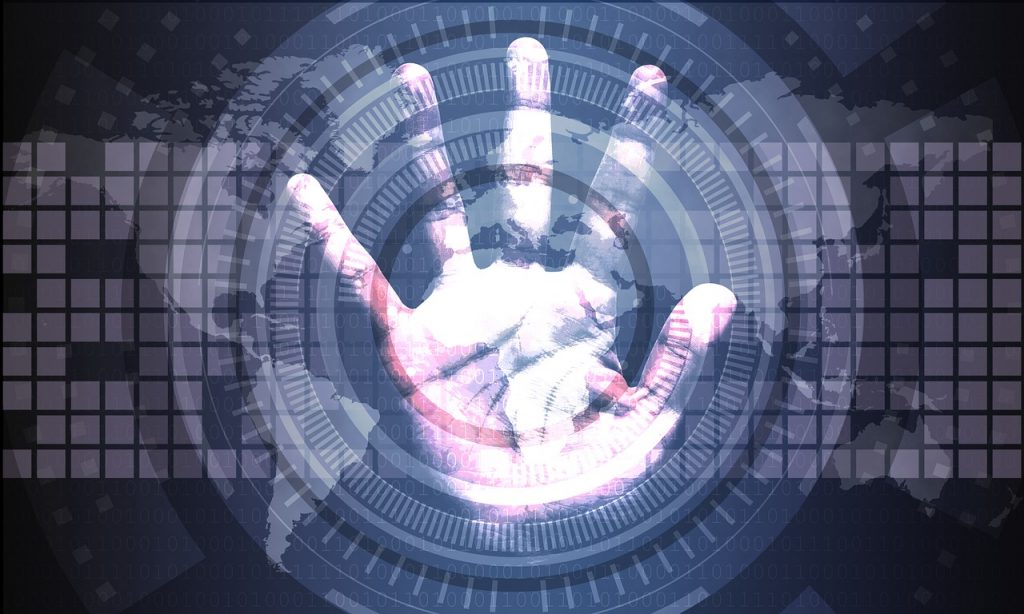Although you may think that your small business is safe because criminals should be more interested in the big names, you are not completely right. The data from medium-size and big companies might be more valuable in terms of money but your small business is easier prey.
Some of them might wish to take smaller risks and make more attacks to less-protected systems and this is where you should make your business more than they can chew. With that in mind, here are 4 useful tips on how you can keep both your paper and digital business data safe.
Be strict when giving access
Access to business data should be limited and strictly regulated. There is no need for a new employee to be introduced with all the details about your business operations and the highest security clearance should be entrusted only to those who are trustworthy. When deciding who should have access to what kind of business data, you need to take into account whether they need it to perform their job and whether those employees have proven themselves as reliable. If certain employees have to work with customer card data or other sensitive information, it would be wise to ask them to sign an NDA to make sure they are obliged from the legal side as well to be careful.

Decrease the chances of human error
When it comes to cybersecurity, it is not only taking precautions regarding intentional attacks but unintentional ones as well because human error is one of the biggest threats to the security of your digitally stored data. While concentrating hard on their work, your employees might omit to check an attachment before they download it or forget to update their password. This is why implementing web filtering is a good strategy because it gives you control over different aspects related to your employees’ internet usage, such as what they download and upload, which websites they visit, traffic and application control, etc. By doing this, you will minimize the chances of data theft happening due to omissions because you will be well prepared.
Add an extra layer to cybersecurity
As at many modern companies, your employees probably use different software tools to get their work done and which also serve you to monitor their productivity as a business owner. It is common practice for each employee to have their own profile or account and to protect the data even further, you should consider asking them to add two-factor authentication (2FA). The 2FA is designed to confirm their identity when they wish to access their accounts and business data – while they are logging in, the software asks for an additional strain of numbers to be entered in a limited time period. This one-time password (OTP) can be sent to the employee’s email address or mobile phone (as an SMS) or it can be generated through an app the employee needs to install on their smartphone.

Improve office safety
Any storage hardware or printed copies that are kept in the offices need to be also physically protected. Your employees have to respect the safety protocols and for instance, whoever leaves the office last needs to make sure that there is nobody else left and that everything is locked and that all lights are off. Even if the building has a nightguard, you still need to lock everything since skillful thieves can find ways to bypass this type of physical security. As an extra layer of security, you should consider installing cameras at several places in the offices to video space at night, especially at places where you keep any sensitive documents and it would be wise to have a few cameras in your office as well.
Wrapping up
If your business data is leaked, you will not only lose the competitive advantage you may have had over other businesses in the same niche but you will also damage your reputation in case any personal user data get stolen. This is why you need to invest in both physical and cybersecurity to ensure all data is protected.
